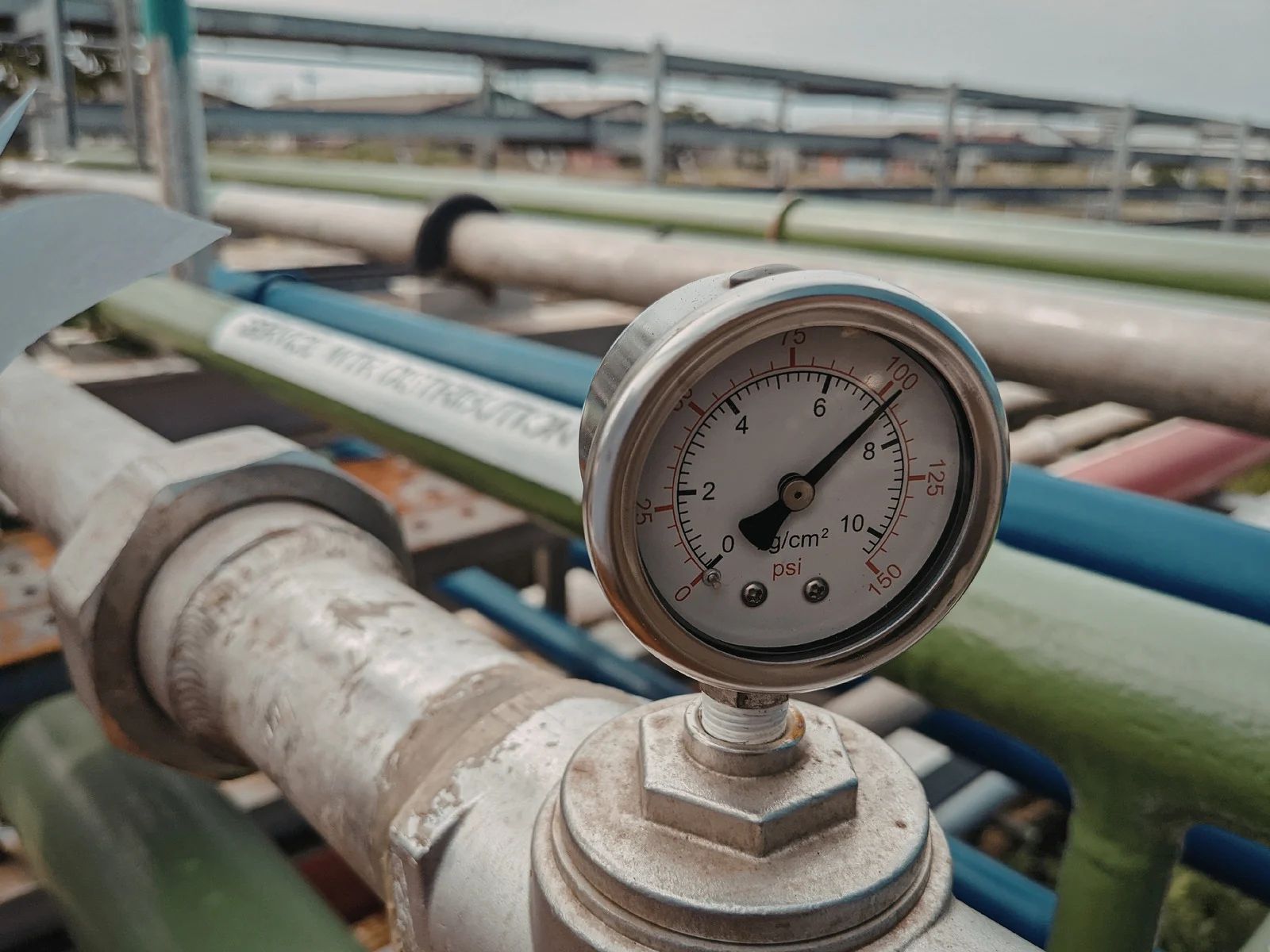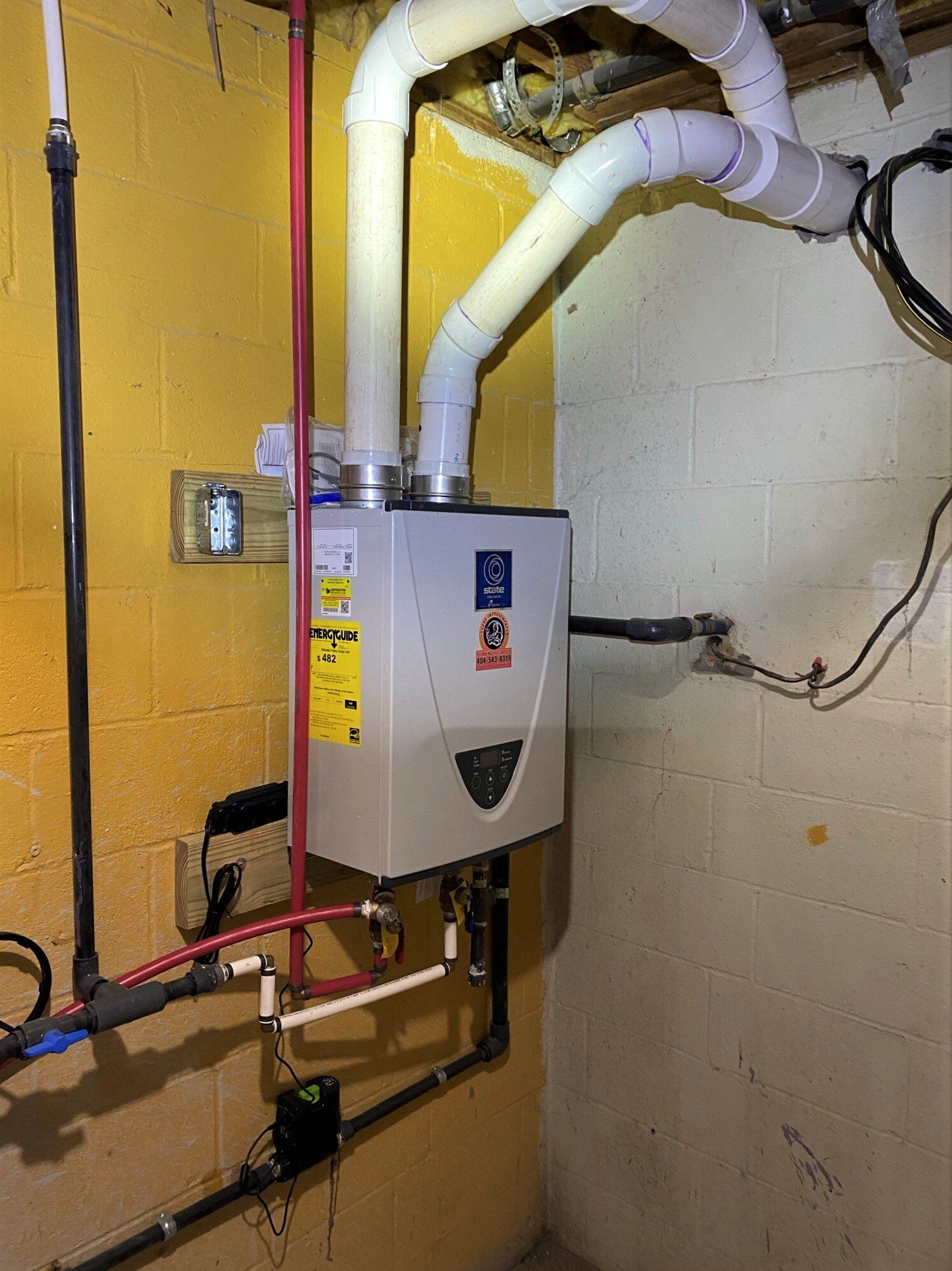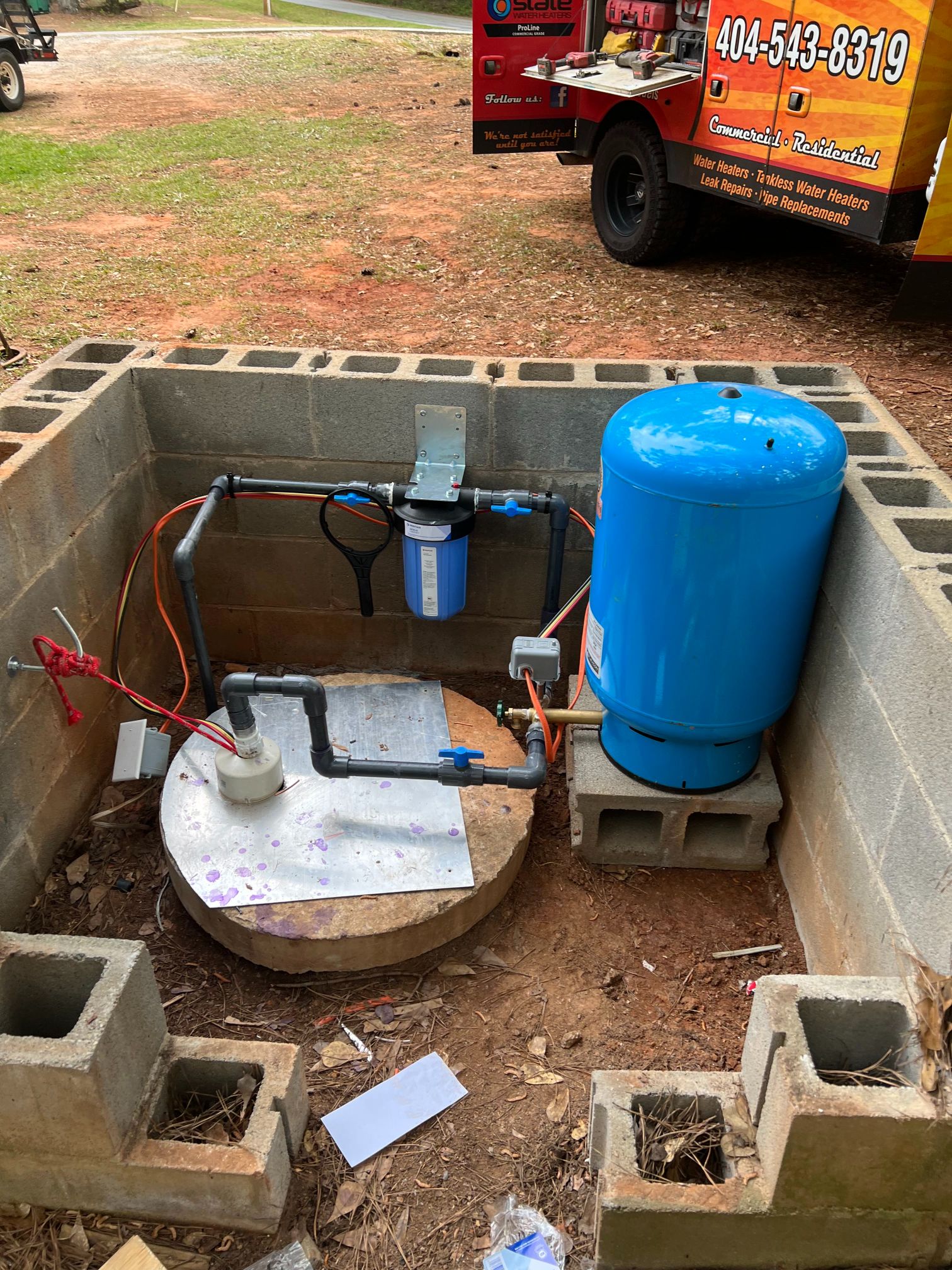Why Your Water Pressure Is Low — And How a Regulator Can Fix It
August 22, 2025
There’s nothing more frustrating than turning on the shower or faucet only to be met with a disappointing trickle. Low water pressure not only affects your daily comfort but also points to deeper plumbing issues that can worsen over time. It can turn simple tasks, such as washing dishes or doing laundry, into slow and inefficient chores. Often, homeowners ignore these issues until they escalate into more serious plumbing problems. The good news is that most pressure-related problems are easily preventable or fixable. One highly effective yet often overlooked solution lies in your water pressure regulator — a small device that plays a big role in your home’s plumbing health.
What Causes Low Water Pressure?
Low water pressure can stem from a variety of sources, and identifying the root cause is key to resolving the problem effectively. Here are some of the most common culprits:
1. Pipe Blockages or Corrosion:
Over time, mineral deposits, sediment buildup, or corrosion can clog your plumbing lines, restricting water flow and reducing pressure. This is especially common in older homes with galvanized steel pipes, which tend to rust from the inside out. As the pipe’s inner diameter narrows, water has less space to travel through, reducing pressure at fixtures.
2. Leaks in the Plumbing System:
Even a small leak can divert water away from your fixtures, leading to lower pressure throughout the home. Leaks may occur in hidden areas—such as behind walls or under the foundation—making them difficult to detect without professional assistance. Besides reducing pressure, undetected leaks can cause mold growth, water damage, and inflated utility bills.
3. Municipal Supply Issues:
If the problem isn’t within your home, the local water supplier might be delivering water at a lower pressure due to system demands, maintenance work, or aging infrastructure. During peak usage hours or when ongoing municipal repairs are in progress, you may experience a temporary drop in pressure. If the issue persists, a water pressure booster or regulator may help mitigate the effects.
4. Elevation or Distance from the Source:
Homes located on higher ground or farther away from the main water supply line may experience reduced pressure due to gravity or loss of flow force. Additionally, long pipe runs from the supply source to your property can cause pressure loss if the pipe diameter is too small or the infrastructure is outdated.
The Role of a Water Pressure Regulator
A water pressure regulator is a plumbing device designed to reduce the incoming water pressure from your municipal supply to a level that is safe and comfortable for home use. It acts as a control valve, maintaining consistent water flow throughout your home while protecting your plumbing system from high-pressure damage.
If your regulator is faulty, improperly adjusted, or missing altogether, it can either restrict flow too much or fail to moderate high incoming pressure. This leads to erratic or persistently low water pressure, which can strain plumbing fixtures, damage appliances, and result in inconsistent water delivery throughout the home.
Benefits of Installing or Replacing a Regulator Include:
- Improved and Stable Water Pressure:
A regulator ensures a steady, balanced water flow across all your fixtures, reducing frustrating fluctuations during everyday tasks like showering or doing laundry. - Protection Against Pipe Bursts and Appliance Damage:
High pressure can wear down pipe joints and seals, eventually causing leaks or bursts. A properly functioning regulator prevents these issues and extends the lifespan of water-dependent appliances, such as dishwashers and washing machines. - Enhanced Water Efficiency, Reducing Utility Bills:
With better pressure control, you use only the water you need, minimizing waste and lowering monthly water costs without sacrificing comfort. - Longer Lifespan for Fixtures and Plumbing Infrastructure:
Consistently high pressure can cause wear and tear on faucets, showerheads, and pipes. Regulated pressure reduces strain, helping your plumbing system last longer and perform more reliably.
A qualified plumber can assess your home’s water pressure, inspect your current regulator for wear or improper settings, and recommend the best solution—whether a simple adjustment or a full replacement.
Get the Right Fix with SHARP Improvements
If low water pressure is putting a damper on your daily comfort, SHARP Improvements is here to help. With 10 years of plumbing experience serving Monroe, Georgia, our expert team specializes in diagnosing water pressure issues and installing or repairing water pressure regulators to restore balance to your system. We prioritize clear communication, honest recommendations, and long-lasting solutions for every home we service. Don’t settle for weak water flow—contact us today for professional plumbing you can count on.





